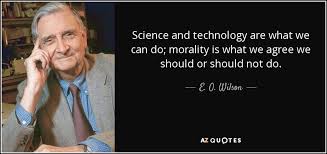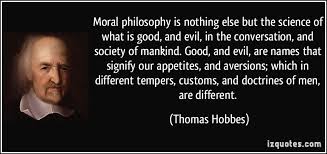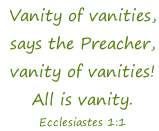



 NEXT
NEXT
 BACK
BACK
 Forum
Forum


Philosophical musings on Quanta & Qualia; Materialism & Spiritualism; Science & Religion; Pragmatism & Idealism, etc.




Don’t Worry
Be Happy!
Post 47. 07/26/2018 continued . . .
The Meanings of Life
Happiness in the Here & Now?
Religious believers not only have their roles defined by their holy texts and respected traditions, they also feel plugged-
A recent self-
There seems to be as many personal meanings as there are lives in this world. But religions & governments often attempt to construct communal meanings, greater than the self, for their constituents to partake of. For example, the folk of NAZI Germany were inspired by their myth of a golden Aryan race, and the revival of the glorious Teutonic reich that never was. And communist Russia fed the people idealistic propaganda about a nation ruled by the will of the multitudinous decent working class, instead of the few oligarchs of the evil capitalist class. We now know how those utopian fantasies turned out. And we can observe the Christians and Muslims, still “Waiting for Godot”6, 2000 years after the promise of a new kingdom of heaven, headquartered in Jerusalem. Despite its name, "city of peace", there never has been peace for God’s chosen people. So, we would be wise to learn from history, and treat such mass meanings as idealistic fictions. But not to give up hope for a maginally better world, or for the many little meanings that make life worth living.
For those who have become cynical about the ability of humanity to improve on their material and moral status quo, recent books reviewed in this blog offer rational hope for adding positive meaning and purpose to the real world. Enlightenment Now! tracks the upward progression of the human situation over the last half millennium. And the Moral Arc shows how we have learned to treat each other with dignity as fellow humans. So the reasonable expectation of finding meaning in a “god-
End of Post 47


4. Can’t get no satisfaction
Maybe ignorance is bliss, but knowledge is wisdom.
http://theconversation.com/are-
5. Finding Purpose :
https://www.amazon.com/Finding-
6. Waiting for Godot :
Absurdist play with existentialist themes of emptiness, randomness, and meaninglessness. One interpretation is that it’s absurd to wait for God, Jesus, to return after 2000 years.
“Samuel Beckett's Waiting for Godot is a play that presents conflict between living by religious and spiritual beliefs, and living by an existential philosophy, which asserts that it is up to the individual to discover the meaning of life through personal experience in the earthly world”
https://www.cliffsnotes.com/literature/w/waiting-
7. Godforsaken :
Deism is often identified as a religion with an absentee deity. But the Creator didn’t abandon he/r offspring, s/he became one with the world. In PanEnDeism, G*D is both immanent and transcendent.

Nihilism :
The belief that all values are baseless, and all beliefs are meaningless. Nietzsche said that Christianity had been proven invalid, and its empty promises of heavenly rewards had destroyed human hopes for transcending this vale of tears.
However, he “believed” that rational people can recon-
But the BothAnd Principle seeks to reunite those estranged values into a unified meaning of life.
Purpose :
A common refrain from Atheists on the topic of life’s meaning is “Purpose is bottom-
In my view, purpose flows both top-
Meaning from Submission to God’s Will :
"the beginning of wisdom is the fear of the Lord”.
Proverbs 9:10
Meaning from Expansion of Knowledge :
According to Plato and Aristotle, philosophy begins in wonder and seeks under-
